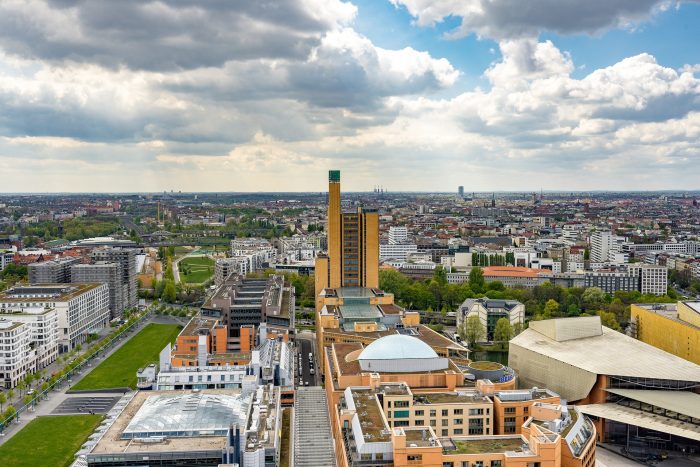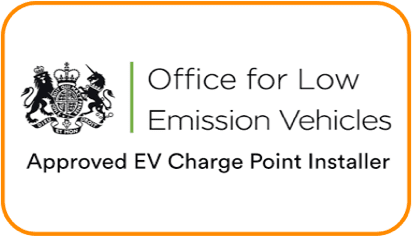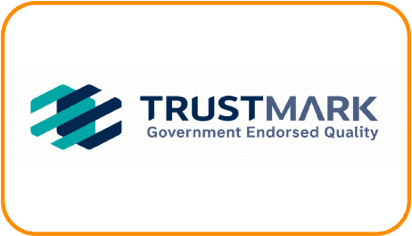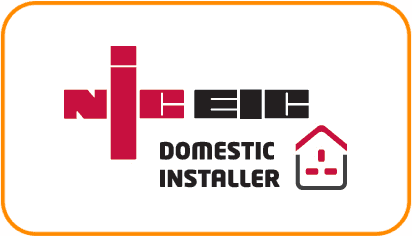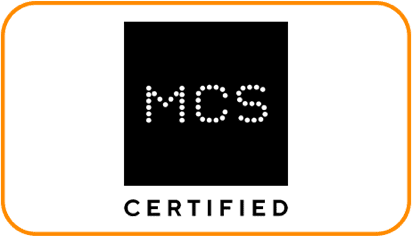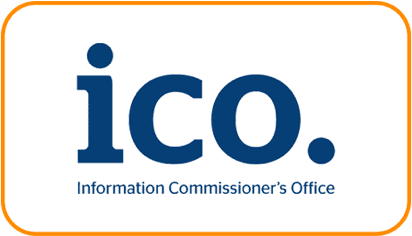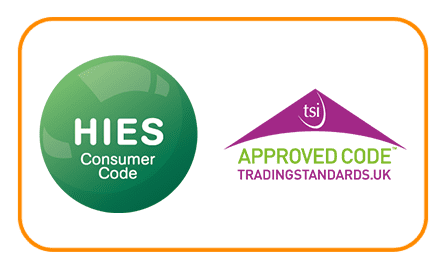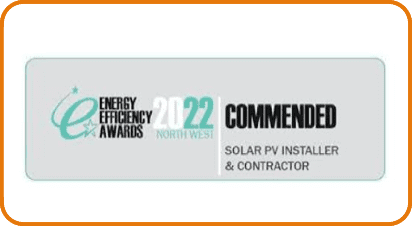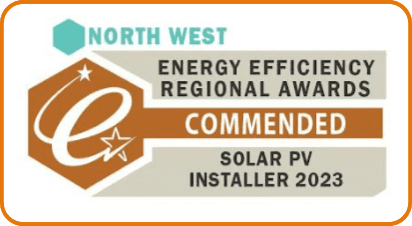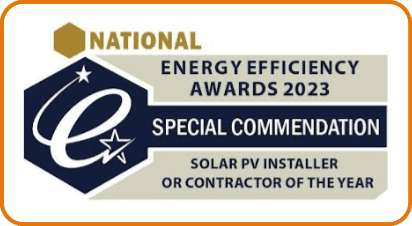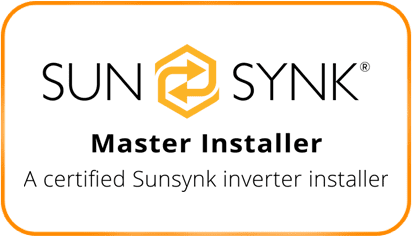help Center
Making the decision to purchase solar panels for your property is a big step. Here are some frequently asked questions which may help with getting you ready for your solar installation. Of course, if you do find your self with some questions, a member of our team will always be on hand to help with those needs.
For many, solar energy can seem too technical and scientific which may put you off investing in solar. However, it is not as confusing as it may seem, we have broken it down in to two parts for you.
Part One: The Solar Panel
There are many different arrays of solar panels, different companies sell panels with diverse technological advances and kilowatts. An example of this is some companies have upgraded their panels to have PERC technology. PERC stands for ‘Passivated Emitter and Rear Contact’, these solar cells are modified conventional cells that enable the cells to produce 6 to 12 percent more energy than conventional solar panels. Therefore, upgrading your system to produce more energy and save you more money.
Nonetheless, all panels work the same way.
For solar panels to work, they must be exposed to sunlight, which we will always have. The sun releases packets of energy down to our earth called photons, these photons hit the solar cells and form an electrical circuit by knocking electrons loose from their atoms. When these electrons flow through the electrical circuit, they generate electricity.
Part Two: The Inverter
In solar panels, DC (direct current) electricity is formed by the electrons flowing in a regimented order. However, the electricity we use to power our devices and appliances is called AC (alternating current) electricity, with AC the electrons can flow however they like, non-regimented. Therefore, the solar industry had to find a way to covert the DC to AC, this is where your inverter comes into play. Once the DC is converted to AC, your inverter will transfer the electricity its produced to your home or if you have batteries and they need charging, it will charge them.
In short;
- Sunlight will shine on your panels.
- The panels will switch the suns energy to DC electricity.
- The DC electricity will flow through to your inverter.
- Your inverter converts DC to AC.
- The electricity is now ready to use and will automatically power your home.
There are many advantages of investing in solar and few disadvantages, here are our top 5 benefits and some solutions to the disadvantages.
Solar is a renewable energy source.
The most important benefit is that solar energy is a truly renewable energy source. It can be obtained in all areas of the world and is available every day. We cannot run out of solar energy, unlike other sources of energy; this is because solar energy is always going to be available as long as we have the sun, and we do not have to worry about that going any time soon. Did you know that scientists have predicted the sun will be here for at least another 5 billion years.
Reduces your electricity bills
How much you save on your electricity bills totally depends on a few factors including your household usage and the size of your system. Battery storage will also impact this, as the batteries massively boost your return on investment. For a full estimation of predicted savings, we can make you a full in depth quotation, which shows the return of investment with a system completely unique to your solar needs.
Along with saving money on your electricity bills, there is a possibility of actually receiving payments for the excess energy you may export back to the grid.
Solar is an investment
As well as solar helping to reduce your electricity bills, it is important to remember that solar is an investment! So, for those who are put off by the price of the installation, this investment is going to bring you money in the long run. Within our full in-depth quotations, we provide a return on investment price, along with an estimated generation table; this shows you an estimated total benefit over 25 years. The return on investment price is only an estimation but is based off of the weather in your area over the past 10 years and on how other people in your areas investments have succeeded. Nevertheless, we can say with confidence that your solar investment is going to save you so much money.
Technology development
In the solar industry, the technology is forever changing and progressing onto bigger and better things that will help advance your system. These innovations have the potential to increase the effectiveness of solar panels, sometimes doubling the electrical input.
An example of one of these technological advancements is PERC technology. PERC technology is becoming more and more popular as a way of making solar panels. This is because the solar cells made with PERC technology are modified to produce 6 to 12 percent more energy than conventional solar panels.
Low maintenance costs.
Solar systems ordinarily do not require much maintenance. Solar panels are self-cleaning, however, if you feel that your panels do need a clean, there are plenty companies out there specialized in cleaning solar panels.
As there are no moving parts to a solar panel, there is no wear and tear, and most reliable solar panel manufacturers offer lengthy warranties. Therefore, after paying for the initial installation there is not much cost to maintenance.
It is no secret that with all things as amazing as solar, there are going to be some cons. One of these cons is that birds can be a nuisance, however we have the answer to issues like these. To deter birds from your panels we can install pigeon wire / bird mesh, this would be installed around your panels and therefore stop and block any birds from getting under your system.
Another con is that solar systems can take up a lot of space on your roof, as the more energy you want to produce, the bigger your system will have to be. This is because you will want to attain as much sunlight as possible. An alternative to using all the space on your roof is to install a ground mounted system, this tends to be a popular solution with many commercial builds.
This is one of the most common questions when it comes to getting solar panels. Before we start any installation, we will send a surveyor to site. If your roof is damaged and needs repair, or if it’s old and will need a replacement within the next few years, it is best to fix those before going through with a solar installation. As a result, you will not have to pay the extra costs to dismantle the system and then re-install it after these issues have been rectified.
As a professional roofer will be installing your solar panels, for an additional cost we can complete any roof work you require.
The majority of solar panels weigh approximately 20kg per panel and most UK roofs are usually structurally strong enough to support the weight of solar panels.
When we think of roofs, most of us envision a standard gable roof, which is shaped by two sloping sides that meet in a point at the top. This is the most common roof type we see on modern buildings. However, roofs come in all different shapes and sizes — flat, mono-pitched shed or lean-to, curved, pyramid or hip, Mansard, dormer, and more. Each roof surface must be evaluated for sufficient space to accommodate solar panels. These roof types also have different degrees of pitch, which can affect the panel’s exposure to the sun and therefore your energy output.
The surveyor we send to your property will measure your roof size and angle. Once your survey has been carried out, we will then come to the installation equipped with the correct mounting kit for your property.
Alternatively, have you thought of a ground mount system? Most people with larger areas of land will consider having their panels mounted in the garden.
Your solar panels are like sponges for the sun. The more day light they get, the more energy you produce in return. To get the most out of your installation, it is ideal to place the solar panels on the most south facing roof surface. No matter the angle, your panels will still generate electricity to power your home. The surveyor that visits your property will discuss the options of where to house your panels and will take accurate roof directions.
In addition to evaluating the condition of your roof, you should also consider the energy efficiency of your home. If you are a high electricity user it will definitely be more beneficial to add battery storage of 4.8kw. Being a lower energy user, we would recommend a higher starting point of battery storage as you will be more likely to charge your batteries during the day.
Batteries are used to maximise your solar system. They will store the excess electricity that your system has generated and then can be used to power your home. With our online monitoring system, you can have control of when your batteries charge and discharge.
Being a fully registered company, we will fill all of your documents for you. We will then send out a confirmation of this acceptance to your self once we have received this. Various monitoring devices we offer also have the ability to show you how much electricity you are exporting, so you can keep track of this.
Please be aware in the event of a power cut, your solar panels will also stop powering your home. To use the energy stored in your batteries, an additional extra of an emergency power switch is required.
There are many types of solar panels, and they are known for being durable and long-lasting. Still, it’s important to know that you are covered in case anything should happen during their lifetime. Warranties, which usually cover equipment and production performance, vary by manufacturer. However, all panels will be covered under a manufacturers warranty.
Moreover, there are a number of components connected to your system, such as the inverter. All these separate components are covered by their own manufacturer’s warranties. It is important to note that these warranties include parts only. There may still be an additional cost for labour or delivery. It is important to ask your sales advisor of the cost for a repair when reporting a fault.
There are quite a few factors that influence your total solar panel installation cost, including the size of your setup, battery storage, or choose additional extras. No finance is available on our systems as a huge portion or your return on investment will be reduced with interest payments.
Additional cost factors you’ll want to consider are related to your energy usage:
- How much energy you consume now. — The more electricity you use, the greater the savings and payback from a solar panel installation will be.
- Whether that usage will increase or decrease in the future. — If you are planning to put in a pool, purchase an electric vehicle, or add to your family, your electricity usage will go up.
Talk with your solar contractor to design a solar panel installation that can best accommodate your energy needs throughout the year, considering utility net metering policies, and maximize your overall savings.
If you are in the market for residential solar panels, you can choose from a standard roof installation, an in-roof system or a ground-mounted system. It just depends on what you prefer based on your energy needs, design aesthetic, and amount of available space.
Keep in mind that it is also important to know that all solar panel manufacturers create their panels differently from other companies. Before going ahead with an installation, we recommend that you do your research on what solar panels will be best for your needs, and be sure to ask your solar installer what type of equipment they will use on your home. Our advisors will always offer you the best panels based on your return on investment.
After the completion of your solar installation, a member of the team will give you a call, on the same day to talk you through the next steps. We will send you out all login details along with user guides for your monitoring portal. Alongside this, you will also receive your handover pack. This will include all of your warranties and MCS documentation. Everything you need to apply for an export tariff.
YES! The sun is actually at its closest to earth during the winter months. But what does it mean for solar panels when the temperature drops?
As long as your solar panels do not remain covered in snow for an extended period of time, solar panels can still generate enough power to run your household and charge your batteries. Whilst it is true that heavy snow fall can reduce sunlight penetration, your panels will produce more electricity than you might think.
On premium solar panels, they often come with technological advances. For example, the silicon is covered by an antireflective glass that is specially designed to absorb maximum sunlight. This also means that solar panels can produce more heat from the sun than a standard roof surface. This heat that is produced will melt the snow away more quickly than a neighbouring roof, keeping your system producing power even when heavy snow may be covering the ground.
Furthermore, solar panels are designed to withhold some weight, 10 – 20 kg. Therefore, the snow covering the panels will not be heavy enough to cause a risk to the panels. The specifics can be found on the data sheets for the panel inside of our quotation.
Do solar panels need winter maintenance?
One of the amazing benefits of solar panels is once installed they require very little to no maintenance, including the winter, this is because they are more or less self-cleaning.
How effective are solar panels during winter?
When it comes to solar energy the most important thing to remember is that it is not about warmth, it is about sunlight. A shocking a fact about solar panels is they actually work more efficiently during cooler temperatures. Even in the most frigid of winter temperatures, solar panels can produce enough electricity to power your home.
Also, as technology has advanced in the solar industry, battery storage is readily available and affordable for all solar systems. Hence, if you are not using all the energy currently being generated by your solar panels, there is a chance to store that energy in your batteries to be used at a later time in the day. Effectively saving you more money as your reliance on the electricity grid is will be minimal.
For more information regarding a Solar PV installation, please follow one of the links below to further pages within our website.
Related Blog posts
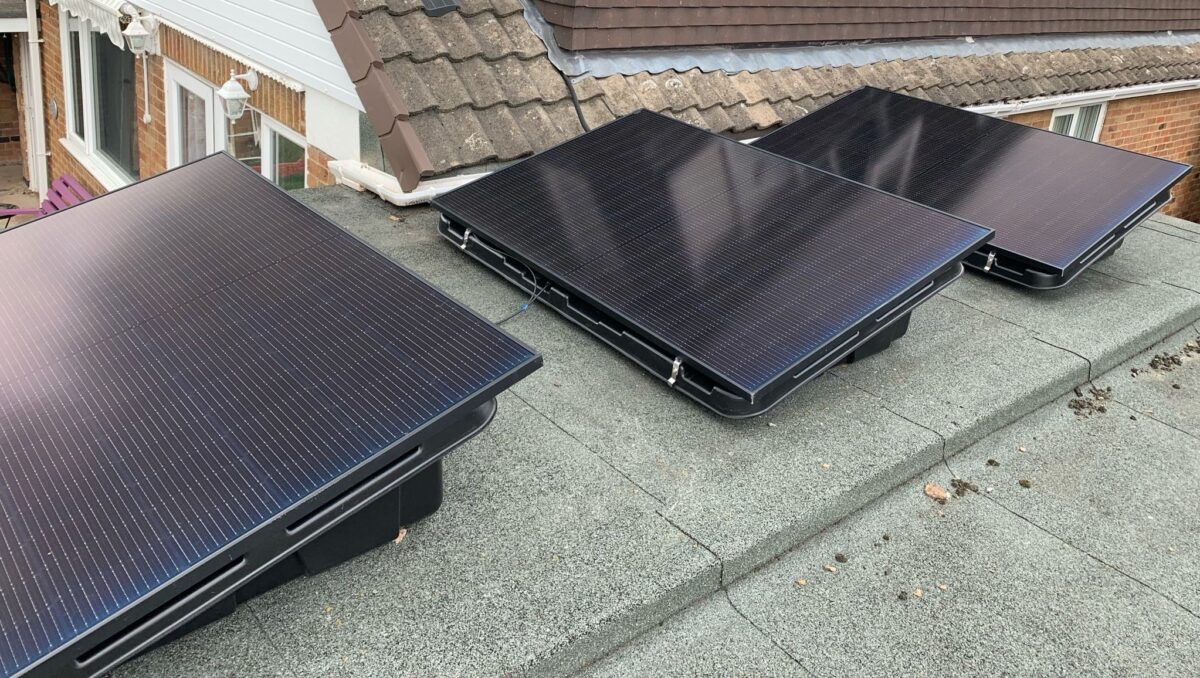
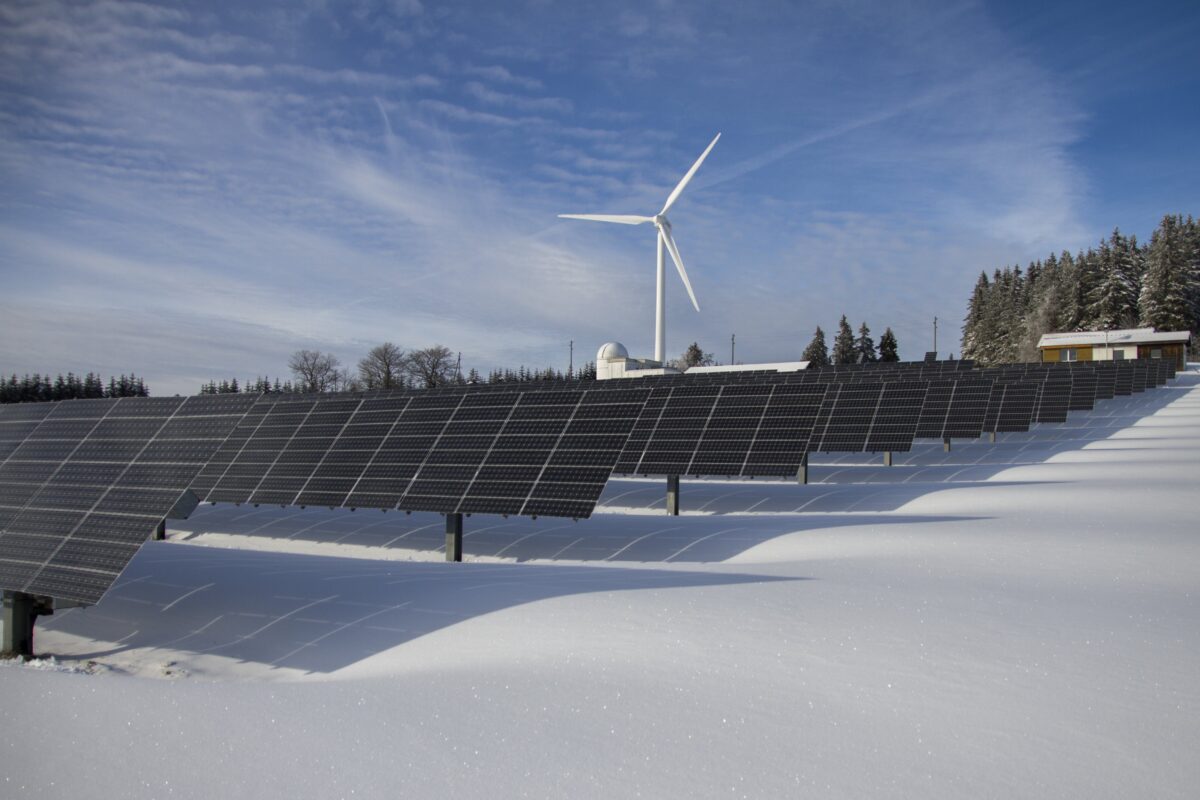
November 23, 2023
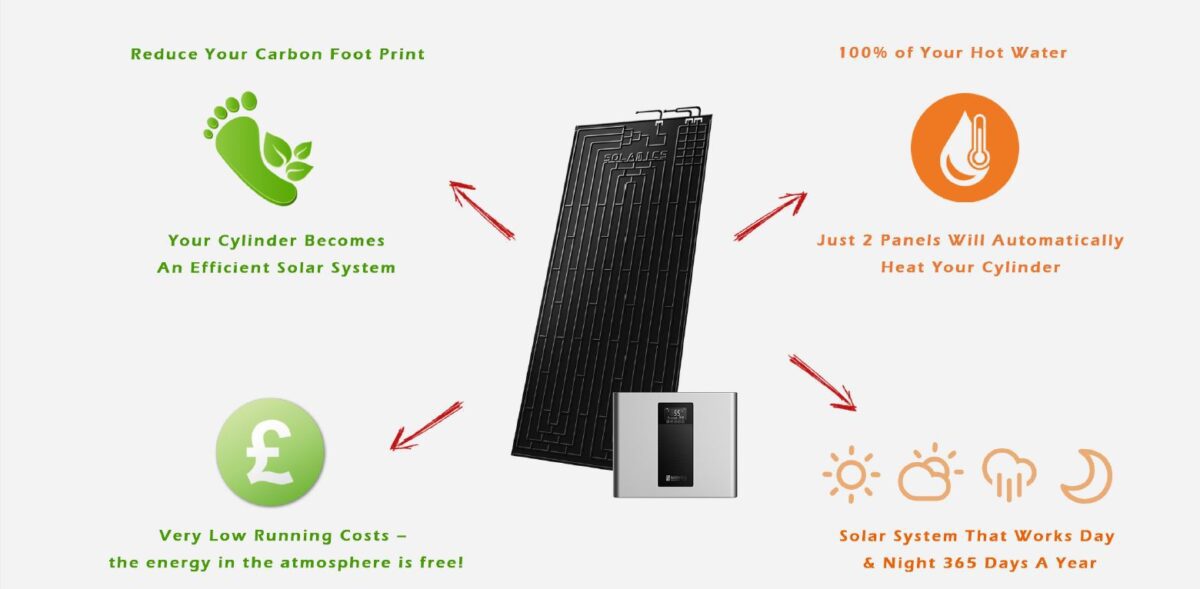
February 12, 2018
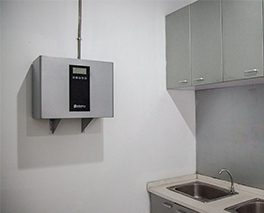
December 20, 2017
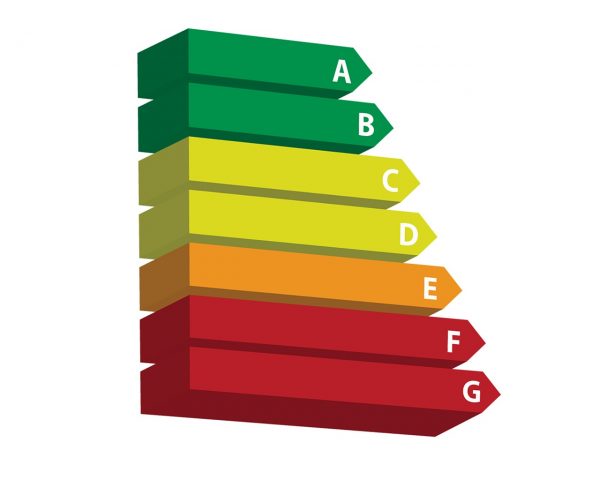
August 29, 2017
